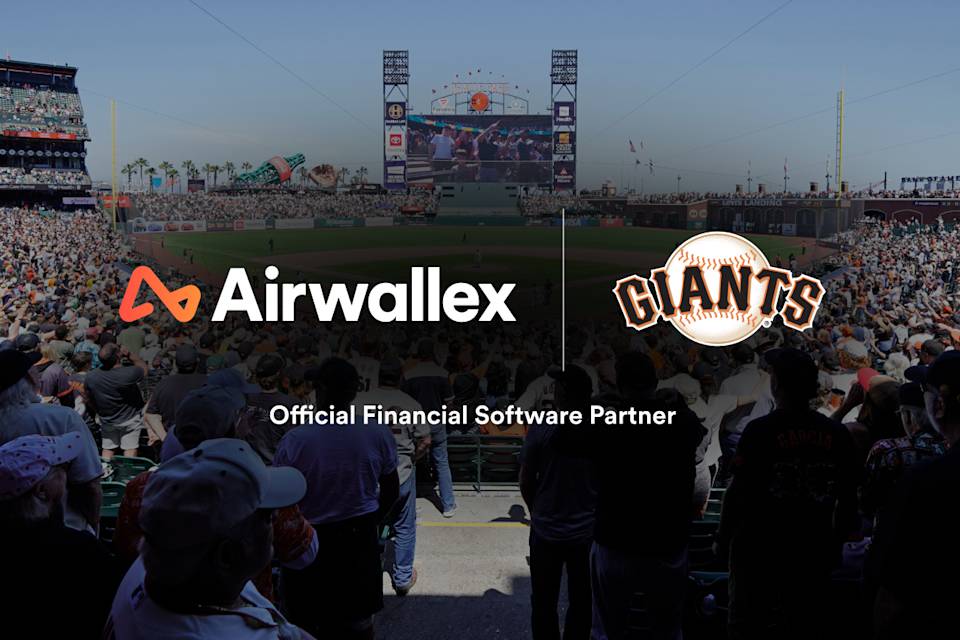How to invoice EU customers as a UK Business

As a business supplying goods or services, or receiving payments on one of your accounts, EU regulations require you to issue an invoice. We compiled this step-by-step guide that enables you to easily and successfully invoice your EU customers as a UK business.
A note about Brexit
As part of the UK’s Brexit Withdrawal Agreement, we’re set to remain within the EU VAT regime until 31 December 2020, and there won’t be any changes to the UK VAT rules during this time. This article talks about the current arrangements. Here’s how to do it.
Confirm the company is part of the EU
It sounds obvious, but make sure to confirm that the country you’re sending the invoice to is actually part of the EU.
Set a defined invoice currency
To avoid invoice confusion, speak with your customer to agree on a specific invoice currency. You’ll generally be able to invoice in EUR, however, some EU countries use their own currency. On your invoice, the tax must be shown in GBP.
Charging VAT
Your VAT requirements will change depending on the type of business you run. Businesses providing services to other companies aren’t required to charge VAT, they simply pay this in their country of residence.
Registered for VAT and selling goods
Article 138 of the EU VAT Directive means that sales of goods to EU member states are exempt from VAT, so you can simply state the VAT value as zero on your invoices. There are a few exceptions to this rule, including transport services and purchasing second-hand goods, so it’s best to check with your qualified VAT accountant to confirm your requirements.
Not registered for VAT?
Businesses not registered for VAT shouldn’t charge VAT. As well as causing confusion, you may also find your business receiving a penalty of anywhere from 10%-100% of the VAT shown on the invoice.
Information required on your invoice
There are a number of things that you should include on your invoice to EU companies.
Issue date of the invoice
A unique invoice identification number
Your company’s full name, registered address, and company registration number
Your customer’s full name, address, and registration number
A brief description of the goods or services supplied
The quantity of the goods you supplied or services you rendered to the company
The date you supplied the goods or services
The place where the goods or services were supplied
The total amount payable
If your business is registered for VAT, you also need to include:
Your VAT number
Your customer’s VAT number
The VAT rate charged
The taxable amount per rate
The total VAT payable
If your invoice is in a different currency, the equivalent VAT in GBP
If you’re providing a service, then the other party pays VAT, not you. Instead you need to state “Article 44 of the EU VAT Directive; VAT is due by the recipient of the service”
If delivering VAT-exempt goods, you need to state “ VAT exempt, EC Supply Article 138 of the EU VAT Directive”
Outside of this information, you can add in any other information that’s agreed upon by you and your client. This can include things like a purchase order number, or contact details for queries or customer support.
Issuing your invoice
Invoices should be issued within 30 days of the taxable supply, and it’s best to confirm with your client whether you’re sending an electronic invoice or hard copy.
When it comes to customers with large accounts, you may choose to send a summary invoice if you prefer, as long as you issue these monthly. Debit and credit notes follow these rules too.
Keeping your invoices
For both UK tax and VAT purposes, it’s important to keep both sales and purchase invoices for your EU companies for at least six years.
If you’re a VAT MOSS business—VAT Mini One Stop Shop, a type of service for business that sells digital services to EU consumers—you should keep your records for ten years.
It’s not important where you file your invoices, just as long as you have them. But it’s best to store them somewhere easily accessible, and ensure that their integrity and readability remains intact. HMRC is able to visit your business whenever they wish to ensure your records are in order, so it’s best to keep them together at your business premises, or via cloud storage.
How to get paid
How you ask to get paid is up to you and your client. Asking to be paid in GBP means there will be no exchange risks on your end. Invoicing in your client’s currency requires an exchange into GBP, for which your bank will typically charge an exchange fee.
It’s important to note that banks usually charge a set exchange fee, and have a poorer exchange rate than the actual rate, meaning they make more money off your transfers.
Avoid bad exchange rates with Airwallex Euro Global Account
An Airwallex Euro Global Account enables you to open a foreign currency account specifically for EUR payments.
When you set up your account, you’re issued with your own European IBAN, which you can add to your invoices and you can begin accepting payments in EUR immediately, through direct bank transfer. This means that your money is being transferred through local banking networks, and you should receive it faster, usually same-day.
Unlike other transfer methods, with an Airwallex EUR global account, there is no set-up fee, zero monthly fees, access to the real interbank exchange rate.Then, you can withdraw your EUR into GBP immediately, using the real conversion rate.
Airwallex makes it easier to invoice EU companies
Setting up an Airwallex Euro Global Account is a smarter, more profitable way to send invoices to your EU clients and suppliers. It’s easy to get started, and you get competitive exchange rates you won’t find anywhere else. Simply, it’s a better way to do business with your EU companies.
It’s like we never left.
So sign up today to discover how Airwallex streamlines your global payments.
Related article: IBAN Discrimination: What is it and what are my options?
Our products and services in Australia are provided by Airwallex Pty Ltd ABN 37 609 653 312 who holds AFSL 487221. Any information provided is for general information purposes only and does not take into account your objectives, financial situation or needs. You should consider the appropriateness of the information in light of your own objectives, financial situation or needs. Please read and consider the Product Disclosure Statement available on our website before using our service.
Posted in:
Business bankingShare
- A note about Brexit
- Confirm the company is part of the EU
- Set a defined invoice currency
- Charging VAT
- Registered for VAT and selling goods
- Not registered for VAT?
- Information required on your invoice
- Issuing your invoice
- Keeping your invoices
- How to get paid
- Avoid bad exchange rates with Airwallex Euro Global Account
- Airwallex makes it easier to invoice EU companies


